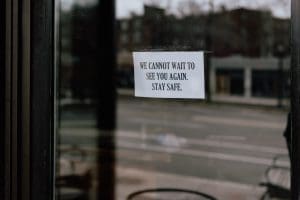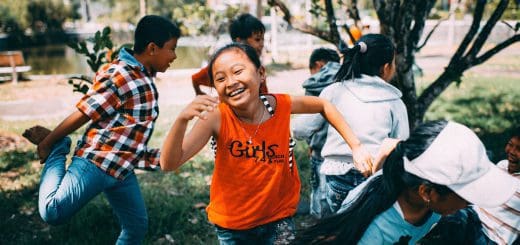Advice from a Psychologist on Being Quarantined
I’m sure we’ve all been looking for solace in writing about the situation we’re all dealing with. I know that for those with anxiety, depression, or any other mental illnesses are feeling much more stress than usual. I myself deal with anxiety and have really had to adjust to this situation.
A couple of weeks ago, I saw a post that was shared on Facebook. A user had written out several mental heath tips from a psychologist on dealing with quarantine. I picked out a few that resonated with me the most and the ones that were most helpful for me. I hope they help you as well!
- “Stick to a routine. Go to sleep and wake up at a reasonable time, write a schedule that is varied and includes time for work as well as self-care.”
- “Dress for the social life you want, not the social life you have. Get
 showered and dressed in comfortable clothes, wash your face, brush your teeth. Take the time to do a bath or a facial. Put on some bright colors. It is amazing how our dress can impact our mood.”
showered and dressed in comfortable clothes, wash your face, brush your teeth. Take the time to do a bath or a facial. Put on some bright colors. It is amazing how our dress can impact our mood.”
- “Find some time to move each day, again daily for at least thirty minutes. If you don’t feel comfortable going outside, there are many YouTube videos that offer free movement classes, and if all else fails, turn on the music and have a dance party!”
- “Find an expressive art and go for it. Our emotional brain is very receptive to the creative arts, and it is a direct portal for release of feeling. Find something that is creative (sculpting, drawing, dancing, music, singing, playing) and give it your all. See how relieved you can feel.”

- “Remind yourself daily that this is temporary. It seems in the midst of this quarantine that it will never end. It is terrifying to think of the road stretching ahead of us. Please take time to remind yourself that although this is very scary and difficult and will go on for an undetermined amount of time, it is a season of life and it will pass. We will return to feeing free, safe, busy, and connected in the days ahead.”
- “Lower expectations and practice radical self-acceptance. We are doing too many things in this moment, under fear and stress. This does not make a formula for excellence. Instead, give yourself what psychologists call “radical self acceptance”: accepting everything about yourself, your current situation, and your life without question, blame, or pushback. You cannot fail at this—there is no roadmap, no precedent for this, and we are all truly doing the best we can in an impossible situation.”
- “Find the lesson. This whole crisis can seem sad, senseless, and at times, avoidable. When psychologists work with trauma, a key feature to helping someone work through said trauma is to help them find their agency, the potential positive outcomes they can affect, the meaning and construction that can come out of destruction. What can each of us learn here, in big and small ways, from this crisis? What needs to change in ourselves, our homes, our communities, our nation, and our world?”
In following the advice of this post, I’ve found that I feel much more grounded and less anxious when I have an established routine. For me, that means getting up around the same time every day, showering, eating breakfast, working for a few hours, eating lunch, reading and playing some music, working some more, exercising, eating dinner, and evening down time.
 Having hobbies other than watching TV is incredibly important for me as well. I look at this time as an opportunity to dive into some books that have been sitting on my shelf unread, try some new workouts, and cook some new recipes.
Having hobbies other than watching TV is incredibly important for me as well. I look at this time as an opportunity to dive into some books that have been sitting on my shelf unread, try some new workouts, and cook some new recipes.
Most of all, it’s a time where I can practice self-acceptance. I’ve made it a point to journal every day, which has becoming a healing practice. And if you haven’t made time for that already, I highly encourage it!
Stay well, friends.
Have you received or seen any advice about coping during quarantine? What kind of advice are you specifically looking for?




Recent Comments